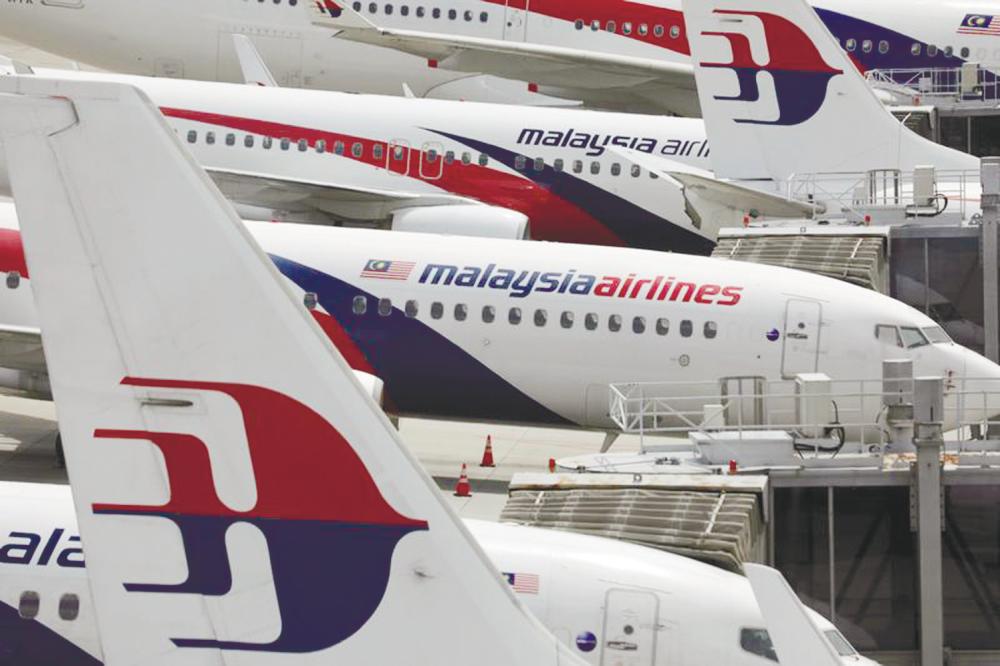By CAPT MOHD KAMIL ABU BAKAR
The airline business is not easy to run and it is hard to make it profitable. There are a lot of challenges to encounter along the way, but it is necessary to have them. Otherwise, how do we cross the seas, oceans and mountains?
In its early days, during the time of Tan Sri Saw Huat Lye, Tan Sri Abdul Aziz Rahman and Datuk Kamarudin Ahmad leading Malaysia Airlines (MAS), the business environment was different.
There was virtually no competition and the fuel back then was still affordable.
Some entrepreneurs then came up with the idea of making air travel cheap, to make flying affordable to the masses. It was then that low-cost carriers, airlines with no frills were born.
Unfortunately, that gave rise to tremendous challenges for the “Legacy Carriers” as a result.
In Malaysia, the setting up of AirAsia provided a new dimension to MAS operations.
And if that was not bad enough, another operating permit was given for the setting up of Malindo, another low-cost carrier, some years later.
This diluted the domestic market which in actual fact, was already very small. It resulted in overcapacity, naturally leading to low yields.
Aircrafts in general are fuel guzzlers and in the mid 90’s, fuel prices shot up.
Airlines could not arbitrarily increase their fares. Even if they could, the fares would have been too high and it would’ve be unaffordable for many. People would probably cut down on their travels.
As a result the imposition of fuel surcharges were implemented to help break even.
However, to break even the load factor has to be high – 80% for all sectors on all flights, which is not quite possible to achieve.
Then came the mega carriers. Emirates, Etihad and Qatar swept our international passengers away with the arrival of the super jumbo, A380 aircraft.
We could not compete with them as they offered much cheaper fares. They were able to do that simply because of the bottomless pockets, backed by their rich governments.
Naturally travel agents zeroed in on them for their cheaper fares.
At the same time, with the mega carriers covering the world from their bases in the Middle East our technical staff, mainly pilots and engineers, were also lured to them because of the better salary.
We had to spend a lot of money retraining new people. Suffice to say, our resources were drained.
To further compound the financial mess that MAS was in, tragedies struck. We lost two wide-bodied Boeing 777 aircraft.
MH370 simply disappeared into thin air while MH17 was shot down for no apparent reason.
Shooting down a civilian aircraft was just the most unbelievable incident to happen.
Malaysia Airlines itself had no involvement with the incidents but had to bear the tremendous loss.
To reverse the ensuing adverse publicity became a challenging public relations exercise.
After the accidents, the load factor naturally dropped.
At that point Malaysia Airlines decided to hire a German expatriate as CEO, who quit not long after.
He was succeeded by another expatriate, an Irish, who also left before he could warm his seat.
He was subsequently replaced by Capt Izham Ismail, who was a pilot by training.
His appointment should have been done earlier as he was a veteran who grew with the airline.
Izham joined MAS when he was 20 years old, and went through many obstacles, especially when he was in flight operations. He had to handle the fuel budget when the price was at its peak.
As a former director of flight operations myself, I know he and all others in the industry are faced with an unprecedented problem, having to keep most of the aircraft on the ground because of the Covid-19 pandemic.
The more aircraft you have, the more you suffer and the more losses you incur.
Taking it positively, the Covid-19 pandemic has provided an opportunity for Malaysia Airlines to “reboot” its operations, to strategise business planning, be innovative in sales and marketing, and to slowly start growing again.
Going forward, in the best interest of the airline, it is best to refrain from having political interference in its operations.
Leave it to the CEO and the team to manage it as they deem fit. Failing which, they should be fired. With no malice intended, of course.
Capt Mohd Kamil Abu Bakar is former MAS director of flight operations. Comments: letters@thesundaily.com














